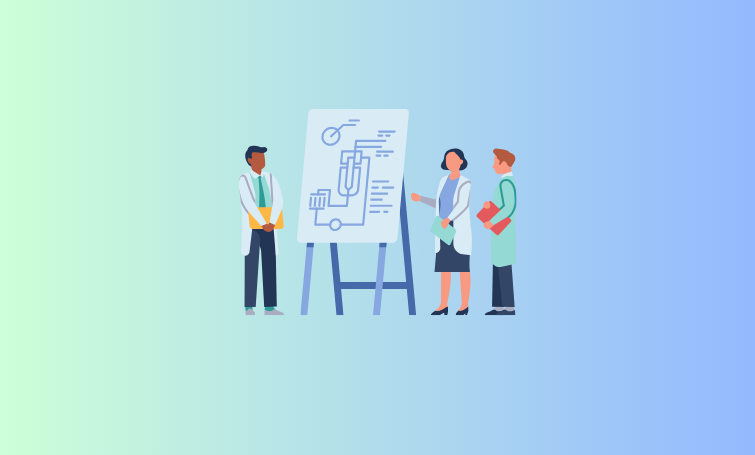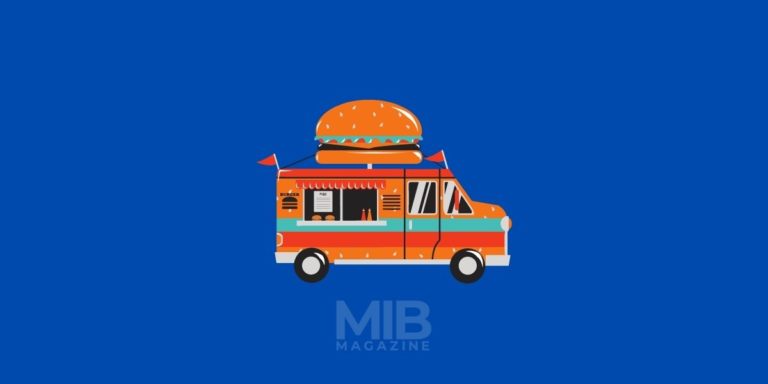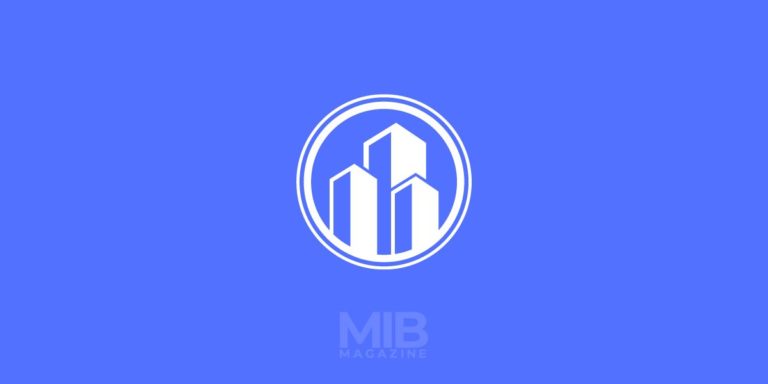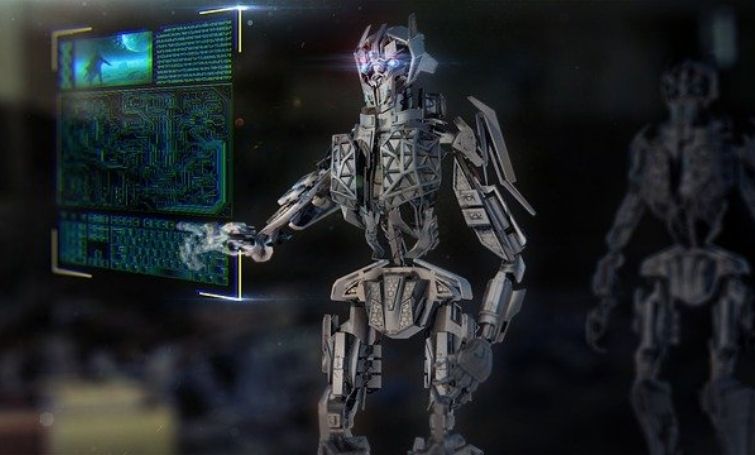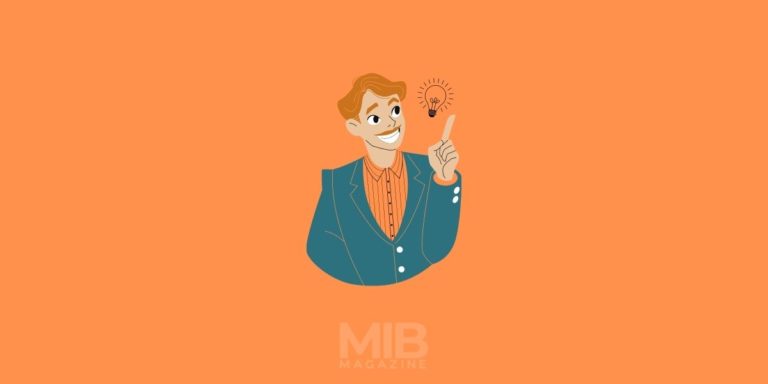Is Leasing A Car To Buy A Good Idea?
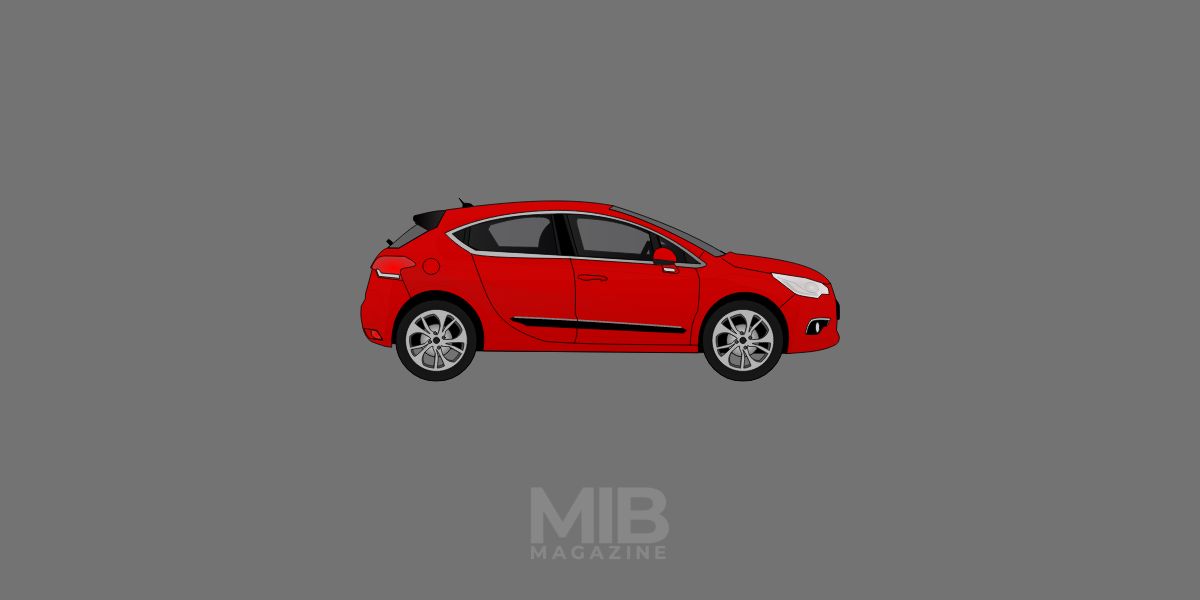
Leasing a car is so much like buying one that it’s easy to think of them as the same thing. And, for many people, leasing might in fact be the best thing for them.
There are some differences between leasing and buying, though: you’re getting a long-term rental on what someone else owns.
But that long-term rental can still have all the benefits of owning your own car, and you’ll avoid some of the hassles and expenses associated with paying off a loan.
Leasing A Car You Want To Buy
If you’re leasing a car to buy, then you have the option of buying it at the end of the lease or any time during the lease.
Leasing is great for people who don’t know exactly what they want yet but are sure they will know when they see and drive something that speaks to them. If you think leasing is for you, you can get great lease deals on Lease Loco.
You Get To Keep The Car At The End
You can return the car at the end of your lease for an early buyout. If you’ve been leasing a car for years and you’re ready to get a new one, or if you want to upgrade from an economy car to an SUV, returning it and then getting another one is usually the best choice.
But, you can also keep the car if you want to and there are advantages! The main reason people choose this option is that they love their cars so much that they don’t want to give them up after three years.
That’s totally understandable and given how expensive cars are these days (even used ones), who could blame them?
In addition, you could sell the vehicle back directly through the dealer, which would give greater flexibility, though still incur some fees associated with the transfer process.
You Pay Less In The Short Term
Leasing is often a good way to get a new car during your first few years of driving when you’re likely to be making payments on a car loan.
You don’t have to worry about saving up money for the down payment, since that was already done by the leasing company (that’s why it’s called “capitalised cost”).
On top of that, you’ll be paying lower monthly payments than if you bought outright with cash or financed through traditional means.
You Hand The Vehicle Back And Get A New One
If you lease, you can get a new car every three years. That’s it. Technically, you might be able to get a new car every two years, but that’s unlikely, because if your first lease expires and the dealer offers you another one, they’re going to want to sell as many vehicles as possible in order to recoup their initial investment on the dealership floor (i.e., they need people buying cars).
So they’ll try to keep up their inventory by offering more and more deals until they have enough money coming in from leases so that there aren’t any gaps in what they’re selling.
Leasing A Car Is A Great Way To Try Out A Car Before You Buy It
If you’re like me, part of the appeal of leasing was that I could drive a new car every three years at no additional cost.
But if I didn’t like the lease agreement and wanted to return my leased car after six months with no penalty, I would have been out of luck and several thousand pounds poorer.
Before signing any lease agreement, do your research on different makes and models so that when it comes time to sign on the dotted line, you know exactly what type of vehicle will suit your needs best.
Leasing can be a great way to try out different types of cars for a few years at a time, until you decide what car make and model is right for you.
Conclusion
In short, leasing a car to buy is a great idea if you want to try out the car before you buy it.
You pay less in the short term than buying outright, and once your lease is up, you can choose to keep the car or hand it back and get a new one.
On the other hand, if you decide not to keep it after all, then there’s no obligation for you to do so and this means that once your lease is up, you’re free to go elsewhere!
FAQs
It depends on your individual financial circumstances and long-term goals. On average, leasing a car may be cheaper than buying one, but it can also result in a higher total cost.
Yes, leasing a car often results in lower monthly payments than buying a car, since you only pay for the car’s depreciation during the period of the lease.
Leasing a car generally requires lower up-front costs, and offers more flexibility than purchasing a car. Additionally, you can drive a more expensive car for the same monthly payments.
Leasing a car may lead to additional costs, such as early termination charges and higher interest rates. Additionally, you may not have full ownership of the vehicle.
At the end of the lease, you have the option to purchase the car, return it to the leasing company, or enter into a new lease.
It depends on the individual lease agreement. Talk to your leasing company to determine if you need to purchase additional insurance.
Yes, some leasing companies may charge a penalty for ending a lease early. Check your lease agreement for details on early termination fees.
Yes, most leases have an allotted number of miles that you can drive per year. If you exceed this limit, you may face additional fees or fines.
Depending on the leasing agreement, you may be charged early termination fees or additional fees for changing a leased vehicle.
It depends on the lease. Some leasing companies may bundle maintenance and repairs into their agreement, while others may not. Check your lease agreement to see what is included.

